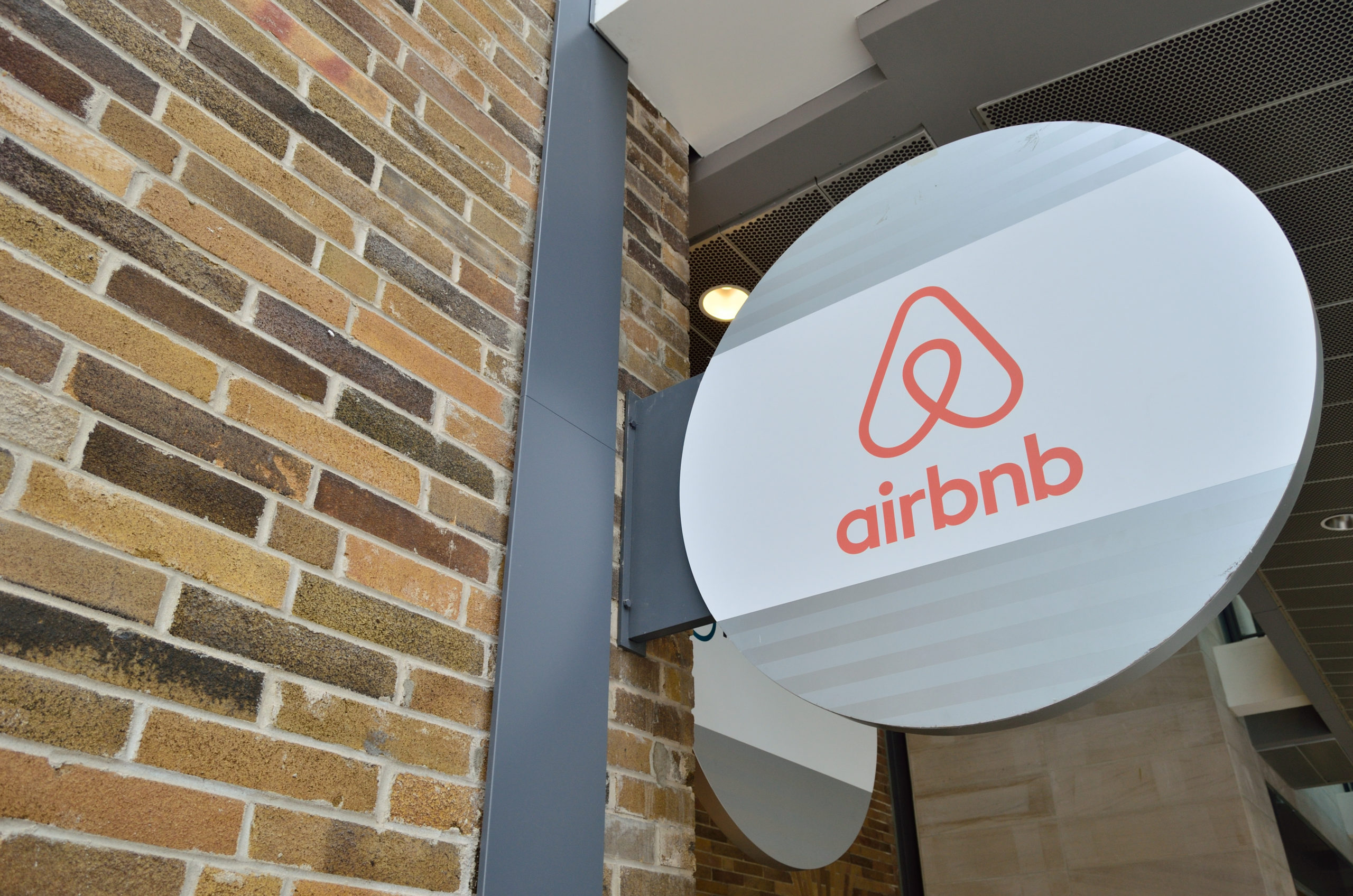The Airbnb concept, a peer-to-peer lodging platform, emerged in 2008, aiming to revolutionize the hospitality industry. By connecting hosts with travelers seeking unique and affordable accommodations, Airbnb promised to disrupt the traditional hotel model. However, despite initial success, Airbnb has not fully realized its disruptive potential.
One primary reason for Airbnb’s limited impact lies in its inability to replicate hotels’ core offerings. While Airbnb provides diverse and often more affordable options, it lacks the standardized amenities, services, and infrastructure of traditional hotels. Hotels offer a consistent level of quality, convenience, and security valued by many travelers.
Airbnb’s decentralized nature poses challenges in ensuring quality control and consistency across listings. Relying on individual hosts can result in varying guest experiences, undermining Airbnb’s competition with hotels, known for a more predictable stay.
Regulatory challenges have impeded Airbnb’s growth, with governments imposing restrictions on short-term rentals, limiting availability, and increasing operational complexity. Competition from adaptative traditional hotel chains has further added to Airbnb’s challenges.
Despite limitations, Airbnb has made a significant impact on the travel industry, providing diverse accommodation options at affordable prices and contributing to the sharing economy’s growth. However, its failure to fully disrupt the hospitality industry highlights the resilience of traditional hotel models. Airbnb must address these challenges to integrate its unique offerings with the established hospitality sector as the travel industry continues to evolve.


















